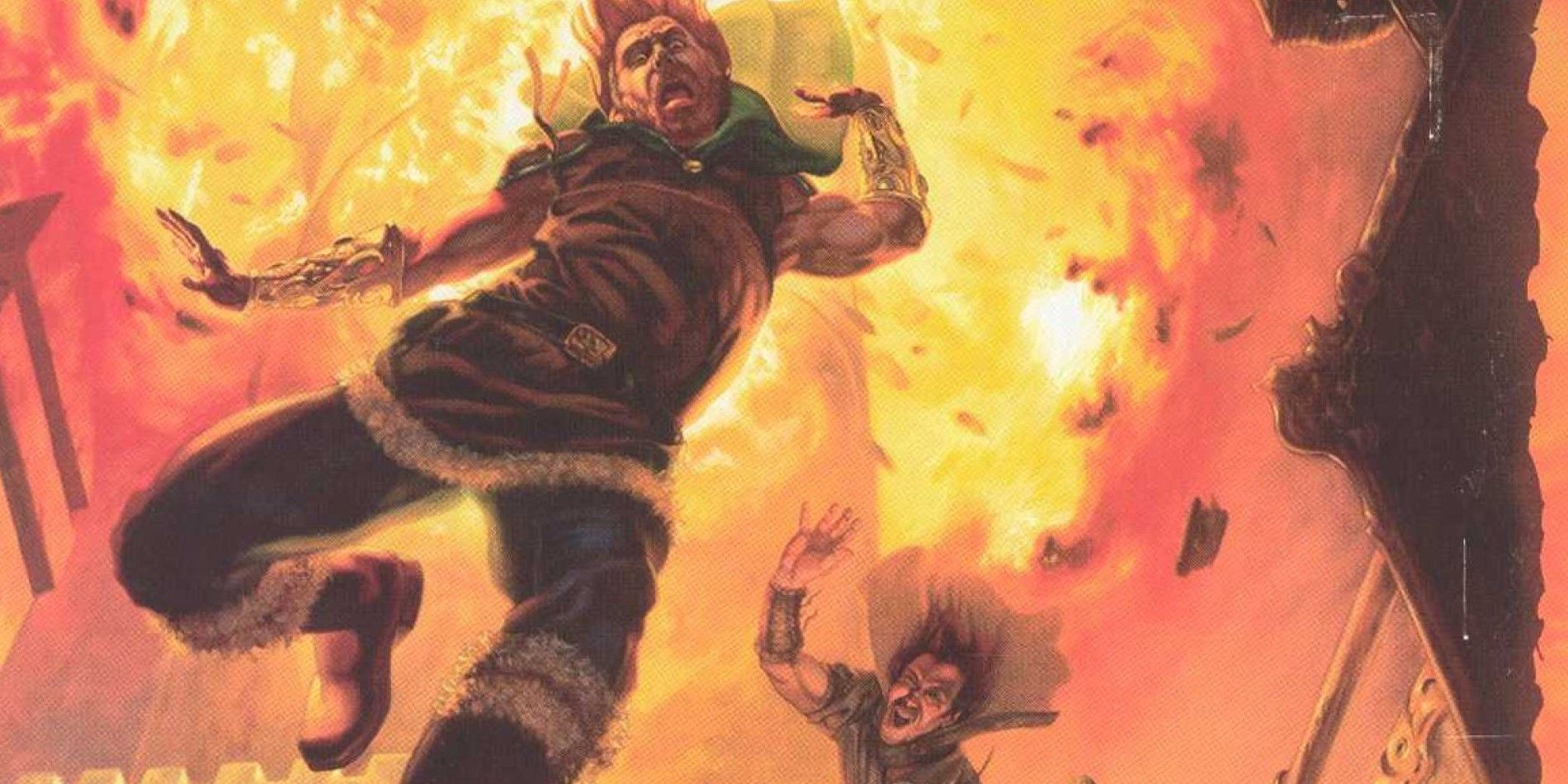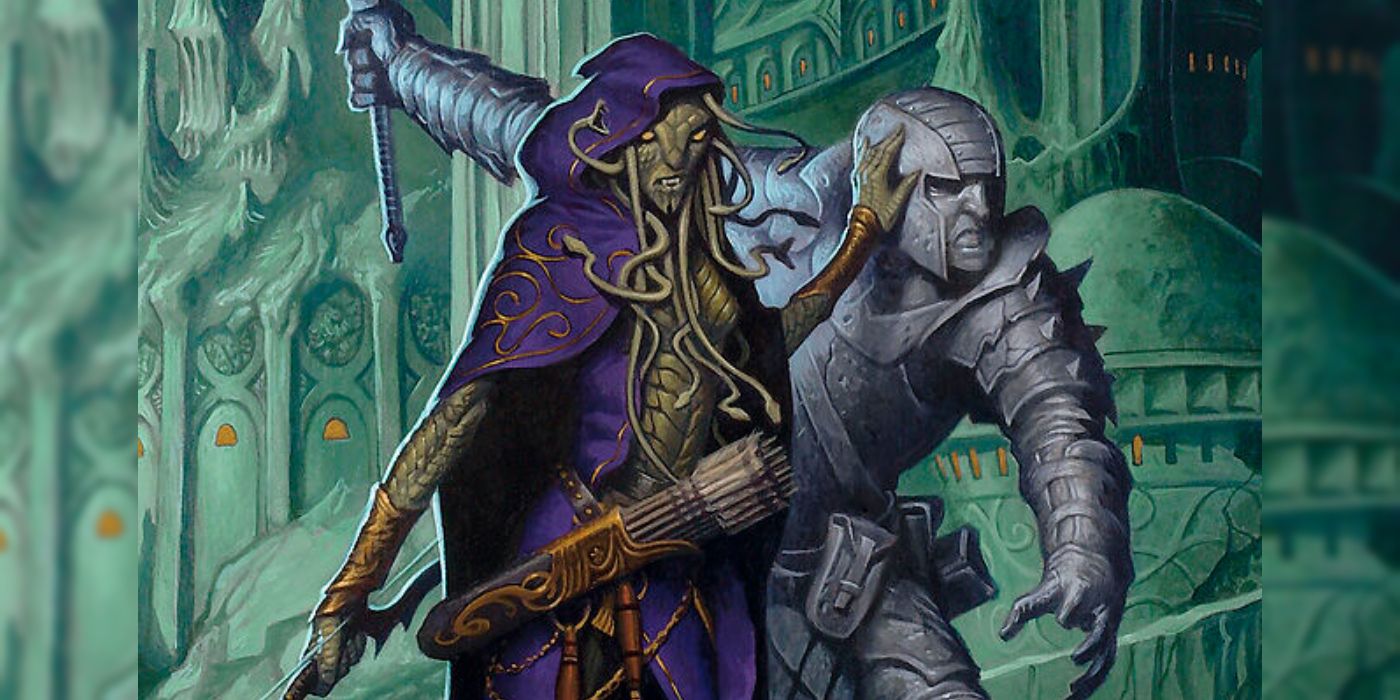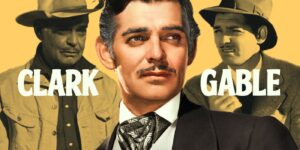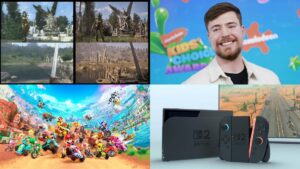Why DMs Shouldn’t Try To Be Funny In D&D & Let It Happen Naturally Instead
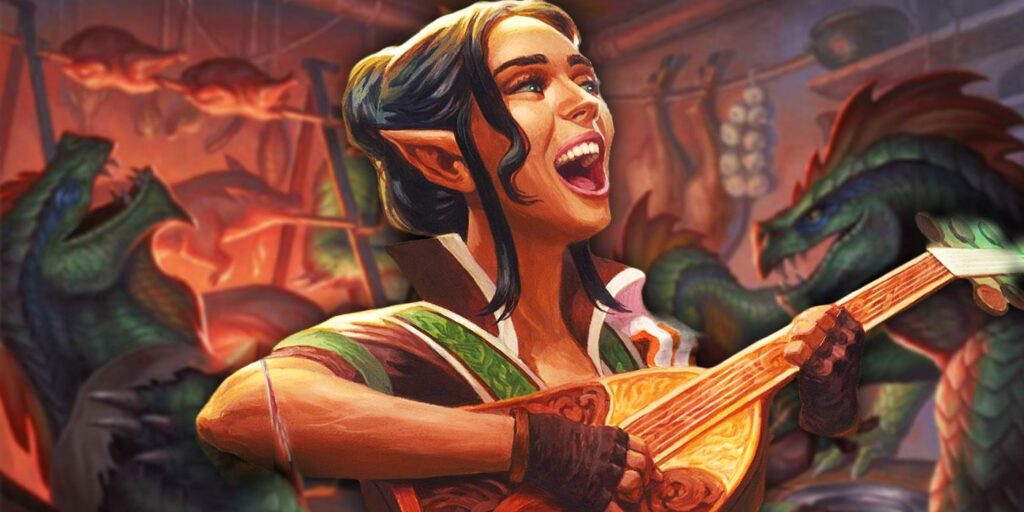
The 2023 Dungeons & Dragons movie, Honor Among Thieves, won over audiences and critics alike with its blend of high-stakes fantasy action and humor, but DnD campaigns need to be cautious with humor, as a Dungeon Master can destroy immersion when they push for jokes over drama. Some DMs actively work to plan comedic moments in their sessions, with scripted gags or ludicrous situations. This common trap of game planning has derailed many campaigns for inexperienced DMs. A scripted gag will never land the same way as authentic, organic moments of humor in a gaming session, and typically does more harm than good.
Greek storytelling tradition imposed a clear distinction between the scathing satire of Comedy and the weighty themes of Tragedy. Modern audiences are accustomed to the synthesis of the two. In some cases, comedic elements endear the audience to characters, or lower their defenses, making the drama hit harder. Conversely, a comedic beat in the midst of a gravely serious scene can have amazing impact. The key element of true comedy, and genuine laughter, is playing on the unexpected. Tabletop RPGs are synonymous with comedic moments that players will remember for years. The very best ones aren’t scripted, but happen organically.
D&D Campaigns Naturally Create Organic Humor
The Collective Storytelling Of Tabletop RPGs Breeds Genuinely Funny Moments
Any time a group of people gather together with strange dice and the intention of pretending to be elves and wizards, something funny will probably happen as a natural result. If a DnD DM plans a monster adoption, that could further the story. When PCs decide to adopt an entirely unexpected monster, that might not advance the plot in the same way, but it is more likely a hilarious outcome. DnD was not designed like Mad Libs, as a game where a series of specific inputs in unexpected places will create belly laughs. Comedy is synonymous with the experience, nonetheless.
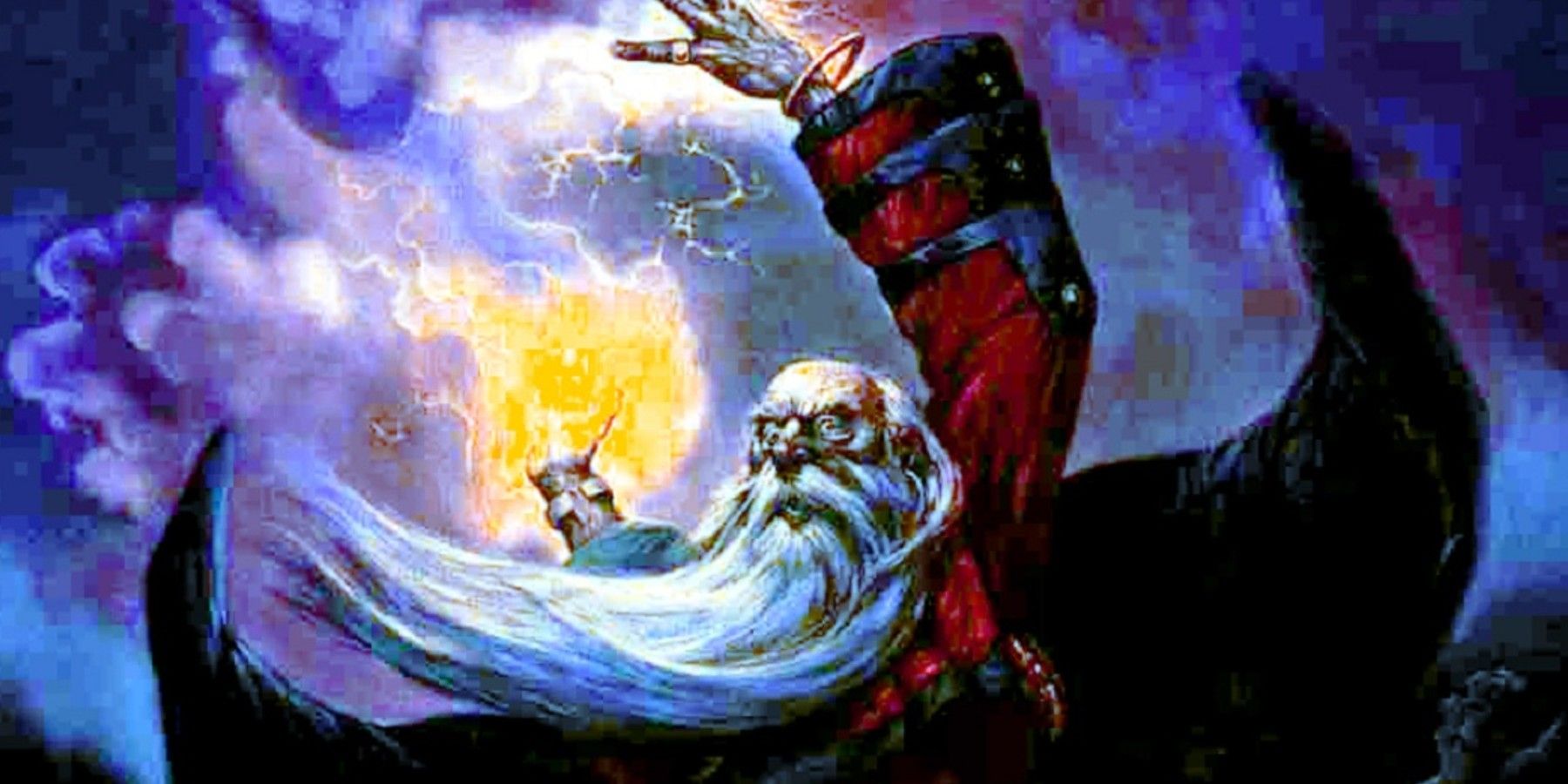
Related
Avoiding D&D Drama & Conflict Is One Of The Worst Mistakes A Party Can Make
New Dungeons & Dragons players may see developing relationships with NPCs and causes as a weakness, but drama thrives on connections and convictions.
The randomization offered by dice creates inherently funny situations. While DnD Natural 20s outweigh Natural 1s through some inexplicable math, both can promote hilarious circumstances. Incompetent characters succeeding despite the odds, or professionals failing horribly at their specialization, are both unexpected scenarios that can be incredibly funny in the moment. Laughter is extremely complex, psychologically. Some interpret it as a release of nervous energy, or a response to exploring terrifying things within a safe space. That also perfectly describes the experience of a Tabletop RPG: players can engage in risk without lasting consequences, by juxtaposing the horrifying and the absurd.
For some DnD fans, it required Critical Role to depict death meaningfully for them to understand how to approach it in their own home games. A lot of comedy comes from gallows humor, the instinctive reaction to laugh, rather than despair, at the absurdities of life and death. This emerges naturally in DnD, where dice routinely dictate failure and success, and whether a character survives. Players see that outcomes are never certain, and anything can happen. An instinctive response to such reminders of chaos and mortality, in most cases, is simply to laugh, meaning any TTRPG session can be funny.
Forced D&D Humor Undercuts Stakes & Drama
DMs Should Avoid Mean Spirited Gags That Dehumanize NPCs Or Player Characters
There are few methods of killing a joke as consistently effective as trying to tell one. A lot of early DnD suffered from actively pursuing parody and silliness. There are DnD magic items that are jokes, and many of the spell components passed down through decades of edition changes originated as silly puns and gags. Early DnD modules are rife with wordplay and silly traps that are only funny to the person who wrote them down. Some adventures simply tried to reference popular culture elements ranging from Star Trek to Alice in Wonderland. Genuinely impactful humor certainly requires much more.
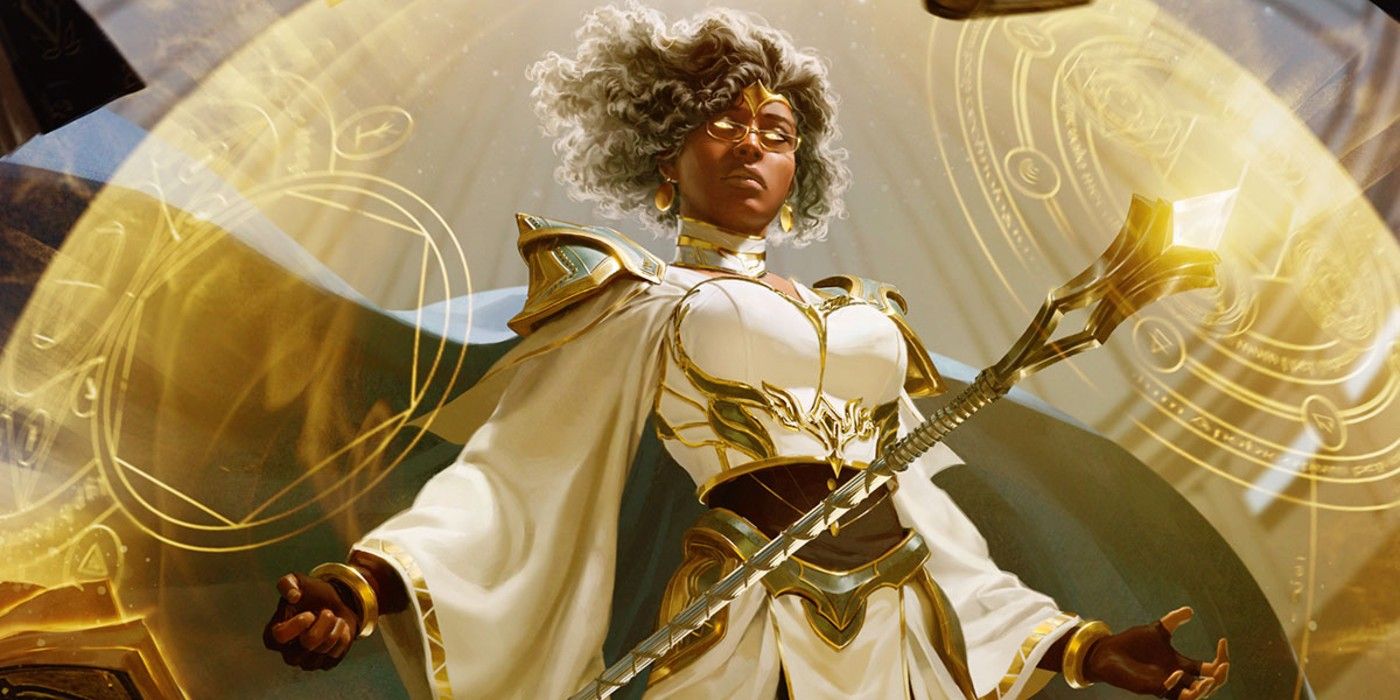
Related
I’m Glad The D&D 2024 Updated Ruleset Didn’t Change The Best New Rule From 5e
The 2024 Dungeons & Dragons rules kept the most important rules of 5e intact, including Concentration, a truly vital tool for spellcaster balancing.
Some DnD cursed items are worth risking, but for the DM, introducing overly silly cursed items risks the integrity of the campaign. There are very few players who find an item called Robe of Blending genuinely hilarious when they discover it works like a kitchen appliance blender, chopping their character into pieces, rather than helping them blend into the environment. The main reason is this simply isn’t funny. It is a tedious play on words – and expectations – that has real consequences for a player character. Viewed differently, it trades any and all dramatic stakes, all for a single mean-spirited gag.
The stakes are significant, as a campaign can destroy every bit of immersion and stakes the DM has worked to develop in pursuit of a single scripted joke. Dungeons & Dragons’ humor truly lands when it emerges naturally.
Most viewers are aware of the difference between how a Looney Tunes cartoon treats injury and violence, and how serious literature, films, or prestige TV approaches the same subject matter. Characters must be dehumanized to laugh at their pain, and comically exaggerated pain in turn leads to dehumanization. Once gags are associated with death and injury in a DnD campaign, it has all the stakes of a Looney Tunes cartoon. Any immersion in the campaign’s story, or its narrative stakes, is spent just to tell a joke that most participants won’t find particularly funny. Scripted DnD comedy typically destroys immersion.
D&D Players & NPCs Might Be Hilarious, Not The DM
A DM Can Create A Situation, But The Characters Must Bring The Humor To It
The biggest joke, from a design standpoint, was the 2024 DnD DMG abandoning the adventuring day because people were not using it, instead of simply explaining how to use it. Rather than providing an instruction manual, they destroyed the product. The irony and resultant humor of this decision is authentically funny, a perfect example of organically emergent humor. This is the sort of humor that makes some DnD sessions memorable, becoming anecdotes players and DMs will retell many years after the event. Most memories people carry of decades-old DnD sessions were never planned by the DM; rather, they happened organically.
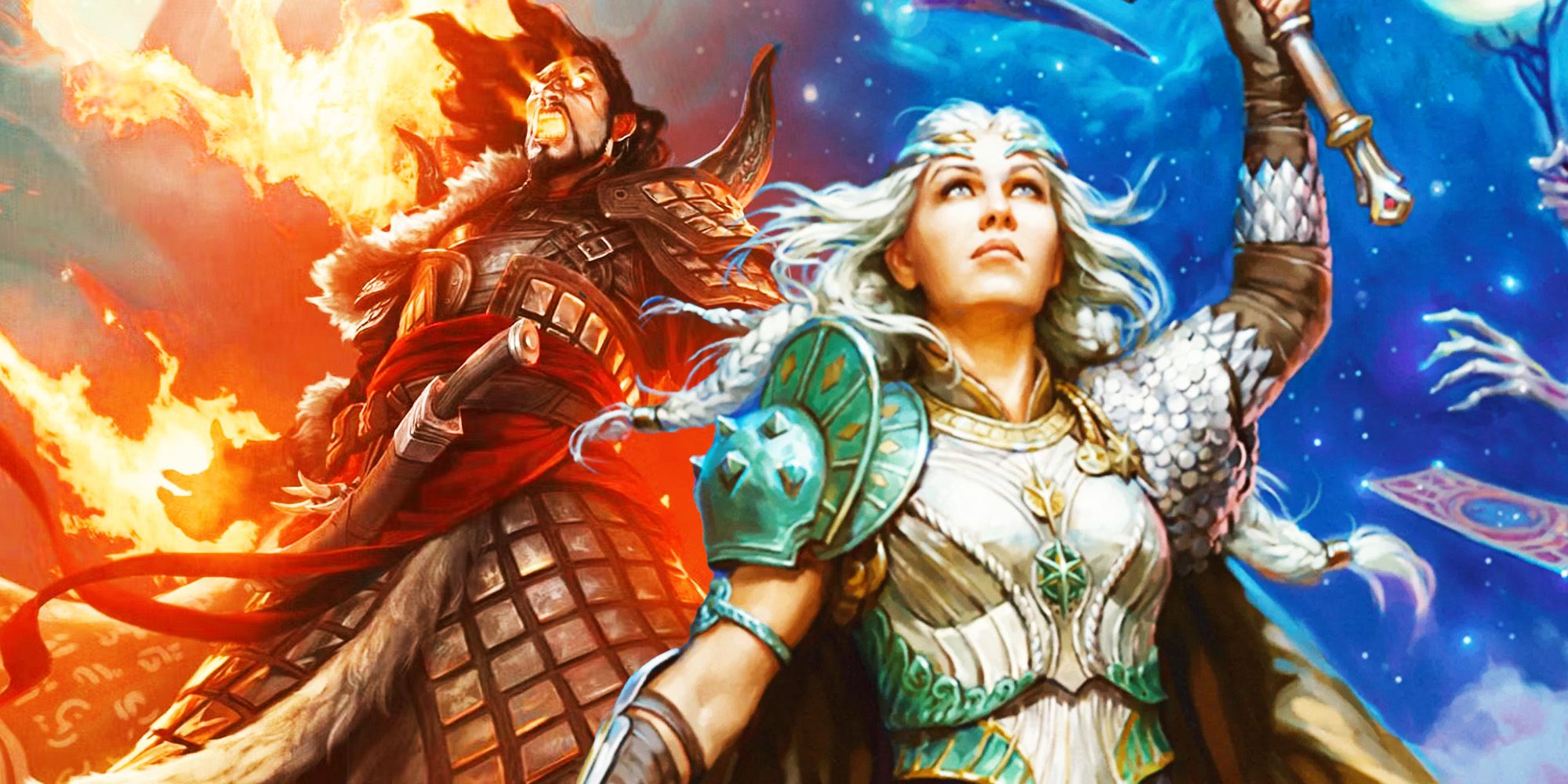
Related
Dungeons & Dragons Campaigns Can Enhance Roleplaying With The Help Of Carl Jung
Dungeons & Dragons includes Backgrounds and Alignments which help with roleplaying. Adding Carl Jung’s Persona and Shadow takes RP to the next level.
There is a difference between introducing a complex or uncomfortable situation, and “planning a joke.” All good DMs will present their players with interesting conflicts and scenarios, and many of those can have the inherent potential for humor. Planning specific gags, like a slapstick moment, or a ridiculous outcome to a serious situation, is more likely to make players cringe than laugh. The stakes are significant, as a campaign can destroy every bit of immersion and stakes the DM has worked to develop in pursuit of a single scripted joke. Dungeons & Dragons’ humor truly lands when it emerges naturally.
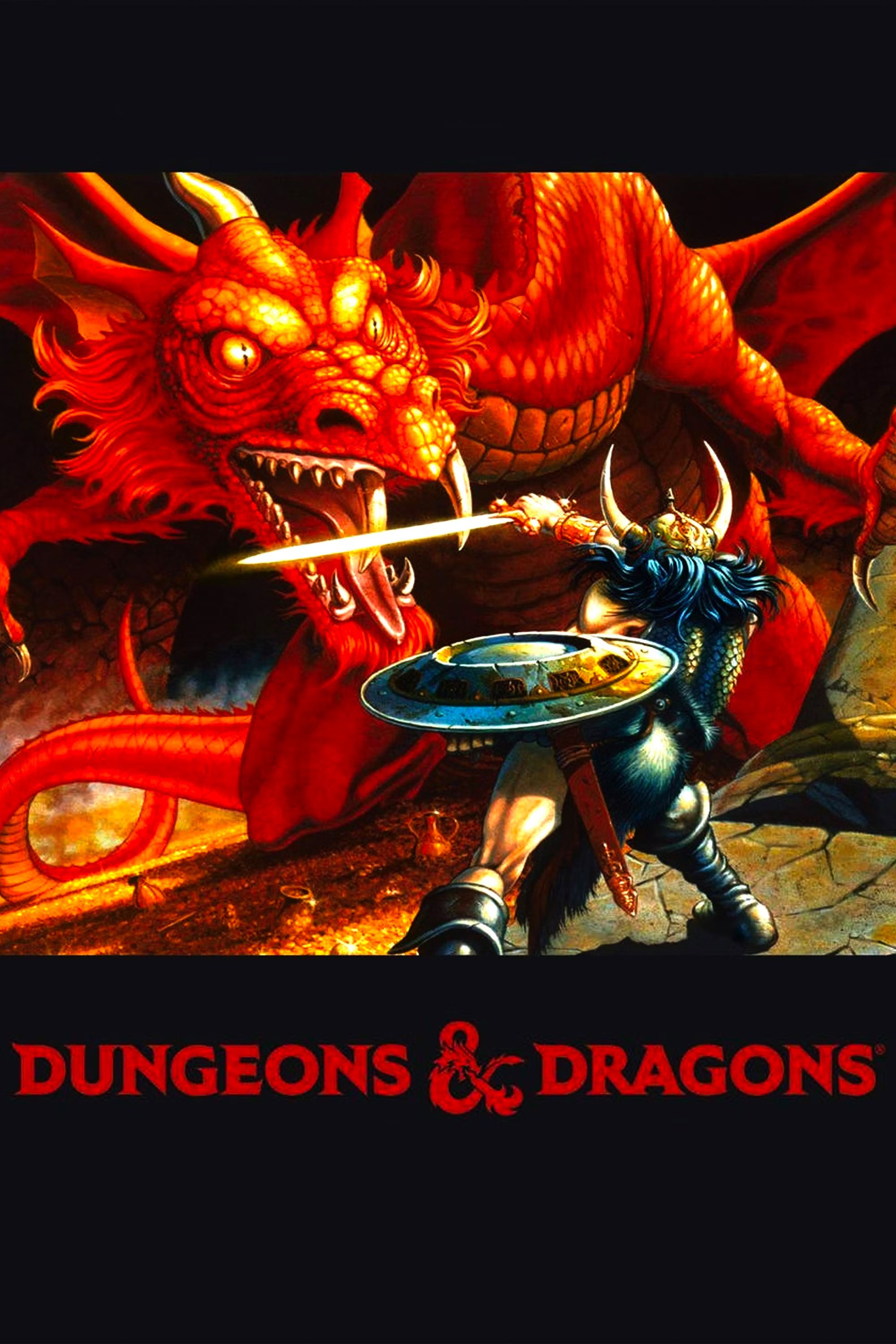
Dungeons and Dragons is a popular tabletop game originally invented in 1974 by Ernest Gary Gygax and David Arneson. The fantasy role-playing game brings together players for a campaign with various components, including abilities, races, character classes, monsters, and treasures. The game has drastically expanded since the ’70s, with numerous updated box sets and expansions.
- Original Release Date
-
1974
- Publisher
-
TSR Inc., Wizards of the Coast
- Designer
-
E. Gary Gygax, Dave Arneson
- Player Count
-
2-7 Players

